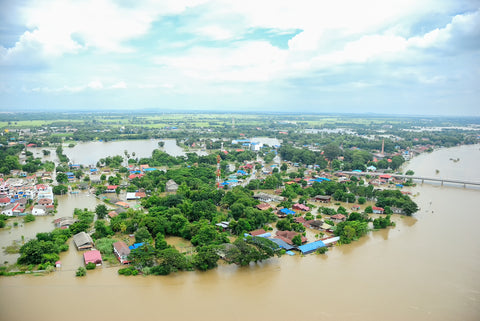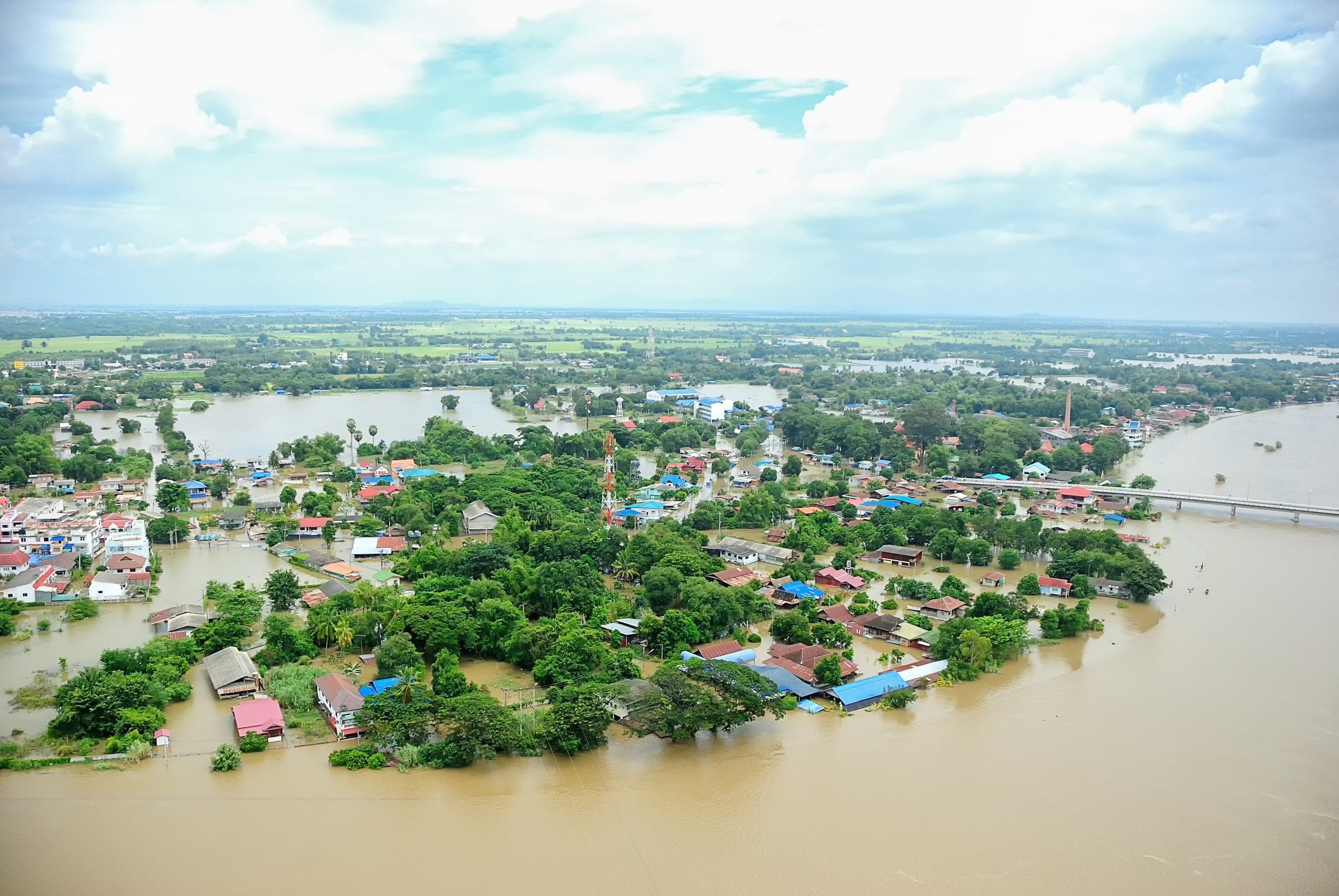
All of us tend to take safe drinking water for granted – we simply turn on the tap and water that we assume will be pure will tumble out. However, after a disaster of one sort or another has occurred, it could be difficult or impossible to have access to safe water. When one considers the length of time that people in Louisiana and adjacent regions were without clean water after Hurricane Katrina, it may be time to think about your own situation.
Where Disasters Can Occur
Frankly, there is no spot on earth that is safe from some kind of disaster. The East and Gulf Coasts are subject to hurricanes, the West Coast to tsunamis and earthquakes, the Central states to tornadoes, and the Upper Midwest to blizzards.
If an emergency or disaster has occurred, the duration can be only a few hours, or it could be weeks. Disruption of electrical service means that there will not only be no lights, but also that no water will be coming out of the faucet.
A long term disaster will mean that you will have to find safe drinking water as quickly as possible. If you have stored water, you will not have to worry until your supply runs out.
Safe Drinking Water when the Tap Is Dry
In most cases, people will be living near some sort of water source that they can access for drinking water. However, water from lakes, rivers, and ponds can be contaminated with both organic and inorganic pollutants that can cause both short term and long term health problems.
Bacteria, viruses, and protozoans can cause acute gastrointestinal distress, and chemical residues in water from industrial or agricultural concerns can result in permanent damage to kidneys, liver, and other organs, and have been linked to the development of cancers and other chronic diseases in later years.
Boiling water is always an option and this works fine at getting rid of organic pathogens, but it will concentrate VOCs and other chemicals and heavy metals. Adding bleach to water will kill most bacteria and viruses, but will leave protozoan cysts intact and ready to go once you ingest them.
Water purification filters are the answer, but if electric power has been severed units that depend upon electricity will be useless. Having a whole house or even an under the sink filter is a great idea, but it’s also a good idea to have a non-electric back up filter to use in times of emergency. There are a number of excellent countertop gravity feed filters that require that you simply put water into an upper chamber and let it percolate down to the holding chamber. These filters will usually provide you with thousands of gallons of pure water.
Portable water filters are another good option for emergencies, but make sure that the model you choose has a long lasting filter or one that you can clean. Depending on the brand, you can expect to get hundreds to about a thousand gallons of safe water from camp filters before the filter element needs changing.


Share:
Remove Fluoride from Your Drinking Water
Giardia Health Risks